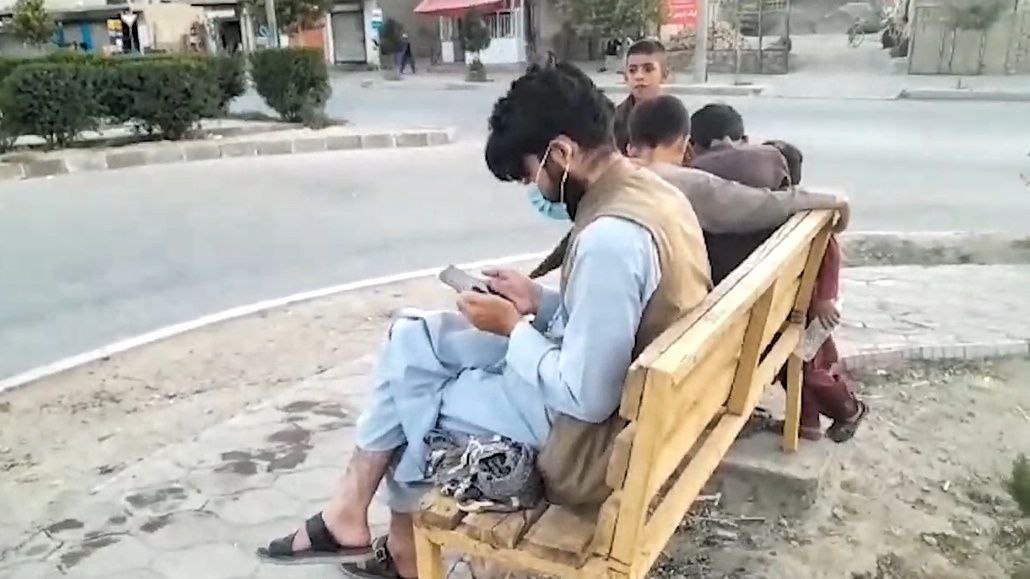KABUL, Afghanistan — On World Youth Skills Day, youth in Afghanistan highlighted the mounting challenges they face, including job scarcity and deepening poverty under the increasing restrictions imposed by the Taliban.
In a statement on X, the United Nations Educational, Scientific and Cultural Organization (UNESCO) emphasized the crucial role of young people as the leaders of today and tomorrow. UNESCO connects education to the fast-evolving job market through its promotion of skills for work and life.
“Technical and vocational education and training (TVET) equips youth and adults with the abilities, knowledge, values, and attitudes necessary for securing decent employment and contributing to a peaceful, healthy, just, and sustainable world. Globally, 267 million young people aged 15-24 are neither employed nor in education or training,” the UN agency stated.
However, Afghan youth argue that the past three years have seen a decline in opportunities for skill development due to escalating poverty and unemployment. The Taliban’s restrictive policies have deprived millions of young girls of access to education at schools and universities.
Many Afghan citizens lament that under Taliban rule, youth—especially girls—are deprived of growth and progress in various fields. They struggle under the oppressive restrictions that hinder their educational and career aspirations.
“An uneducated person has no value. We understand the importance of education; without it, we cannot progress,” said Ahmad, a resident of Kabul. Others noted that the urgent need to provide for their families forces young people to prioritize finding jobs over pursuing further education or career development.
“Our young men are currently unemployed, wandering the streets and markets. They are facing severe poverty,” said Mohammad, another Kabul resident.
Despite the UN’s emphasis on the importance of education for enhancing youth skills, the Taliban has banned girls beyond grade six from attending school, and female students are barred from universities. On World Youth Skills Day, the United Nations and other organizations reaffirmed their commitment to technical and vocational education, aligning with the Sustainable Development Goal to ensure inclusive and equitable quality education and promote lifelong learning opportunities for all.





